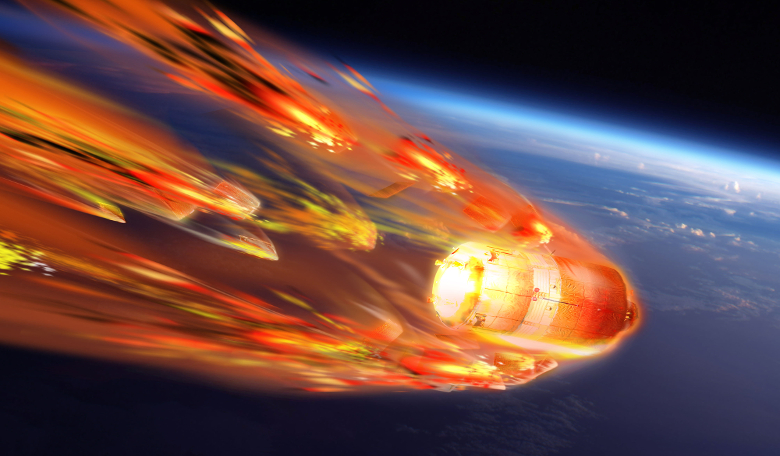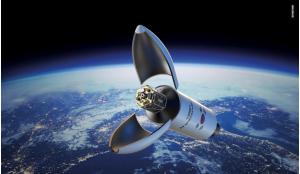It was only last week that China launched its second space lab – Tiangong 2 – into Earth’s orbit, now however a senior official with the country's manned space program has announced that its predecessor Tiangong 1, is expected to plummet to Earth sometime in the latter half of 2017.
Tiangong 1 ended its data service in March this year after doubling its initial intended work life. During this time it has seen contact with the Shenzhou-8, Shenzhou-9 and Shenzhou-10 spacecraft and in a statement by Wu Ping, deputy director of the manned space engineering office, the lab was praised for "comprehensively fulfilling its historical mission,” while making important contributions to China's manned space programme.
The space lab is orbiting at an average height of 370 kilometres and is currently intact, nonetheless, based on their calculations “most parts of the space lab will burn up during falling," said Ping. She further added that it was unlikely to cause damage to the ground or affect aviation activities, be that as it may China will continue to monitor Tiangong-1 and strengthen early warning for possible collision with objects.
Although it was not stipulated what parts of the 10.3-metre-long (34-foot-long) space lab might not burn up on re-entry, Ping highlighted China’s commitment to the plight of its plunging spacecraft, which in the recent past has been reported as being out of control, by saying “if necessary, China will release a forecast of its falling and report it internationally.”
However, in an interview with the Guardian newspaper, Harvard astrophysicist Jonathan McDowell said, “not knowing when it’s going to come down translates as not knowing where its going to come down,” therefore the news suggests that China had lost control of the space lab. “Even a couple of days before it re-enters we probably won’t know better than six or seven hours, plus or minus, when it’s going to come down.”











